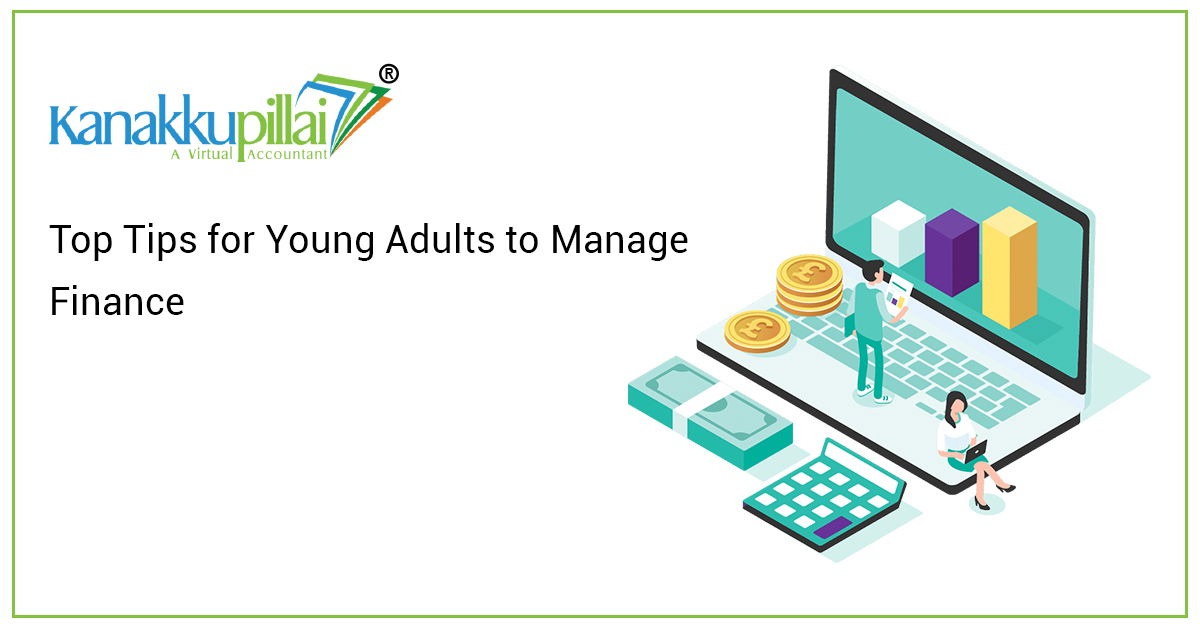Although establishing financial resolutions is a good idea at any time of year, many individuals find it simpler at the start of a new year. The basics remain the same without taking into consideration when you start. Here are ten financial strategies to help you get ahead as a young person and manage your money.
1. Spend Less than You Earn and Get Paid for Your Worth
This first rule may appear simple, yet many people find it difficult to follow. Assess your job responsibilities, talents, contribution to the organisation, productivity, and the going price for what you do both inside and outside the company to determine how much your position is worth in the marketplace. Even if you are employed for $1,000 or less per year, this can have a significant influence throughout your career.
Without considering how much cash you are earning, if you spend more than you earn, you’ll never get ahead. It’s often low-cost and easy to make more, and a few smaller cost-cutting measures can add up to significant savings. It also doesn’t have to imply substantial sacrifices.
2. Prepare a Budget and Try Sticking to It
Budgeting is a crucial step in trying to get ahead financially and adopting prudent financial management strategies.
After all, if you don’t budget, how will you know where your money is going and what you are doing with all the money?
If you don’t know where your money is going, don’t you set spending and saving goals to ensure a promising future?
Whether you earn hundreds, thousands, or even more dollars yearly, you must create a budget and try to follow it for sound financial and money management.
3. Pay Off the Debts on Time
The most significant impediment to financial progress is credit card debt. It’s easy to forget that we’re dealing with actual money when we’re using those little bits of plastic to pay for a transaction, big or small, because they’re so simple to use. Despite our intentions to pay off the balance as soon as possible, we frequently fail to do so and wind up spending significantly more for products than we would have spent if we had paid cash.
4 . Start Making Contributions to Your Retirement Plan
Suppose your company offers a 401 (k) plan or another retirement savings scheme sponsored by your employer. In that case, you should contribute if you can, so that you have some extra money deposited into the same account. In most 401 (k) plans, your employer will match the amount you put into your account up to a specified percentage given under the plan. The term employer match is used to describe this situation. Consider an IRA if your work does not provide a retirement plan.
5. Make a Savings Plan
Pay yourself first, you’ve heard it before. Having a healthy, good savings account or even investments would not be easy if you waited until you were satisfied and adhered to all of your other financial responsibilities before looking at what’s left over. Before you begin paying your expenses, resolve to set aside a minimum of %5% of your earnings for saving. Instead, have money withdrawn from your paycheck and transferred into a separate account on a regular basis. Takeake
6. Make Investments
It’s even better if you can put some money into other investments while also making contributions to your savings account, retirement plan, or scheme.
7. Maximize Your Employment Benefits
Benefits like the 401k plan, dental or medical insurance, flexible spending accounts, and so on are pretty valuable. Make sure you’re getting the most out of yours and utilising the ones that can assist you in saving cash on the expenses incurred or even lowering the taxes.
8. Review the Insurance Coverage
Too many people are persuaded to overpay for life and disability insurance, whether it’s by including these coverage in vehicle loans, purchasing whole-life insurance when term-life makes more sense, or purchasing life insurance when they have no dependents. On the other hand, having enough insurance to safeguard your dependents and your income in the event of death or disability is critical.
9. Keep Your Will Updated
Only 32% of Americans possessed willpower in 2020. You will be in need of a will if you have dependents, regardless of how much you own. You can also do it yourself if your circumstances are not such that WillMaker’s software likes to consider a will that will keep you and your heirs safe. Your records for Bills and Payments are Good.
You might not be claiming all of your allowed deductions under income tax deductions and credits if you don’t keep meticulous records for all the transactions and bills that you might have made. You should set a procedure as a part of discipline today and stick to it throughout the year. T’s a lot ess sstressful han scrambling to find everything during tax season, which comes at tthe end f a ffinancial ear, when you mmight be scramblingtto findthe payments made. With good records maintained, you can spot those items that might have helped you save.





